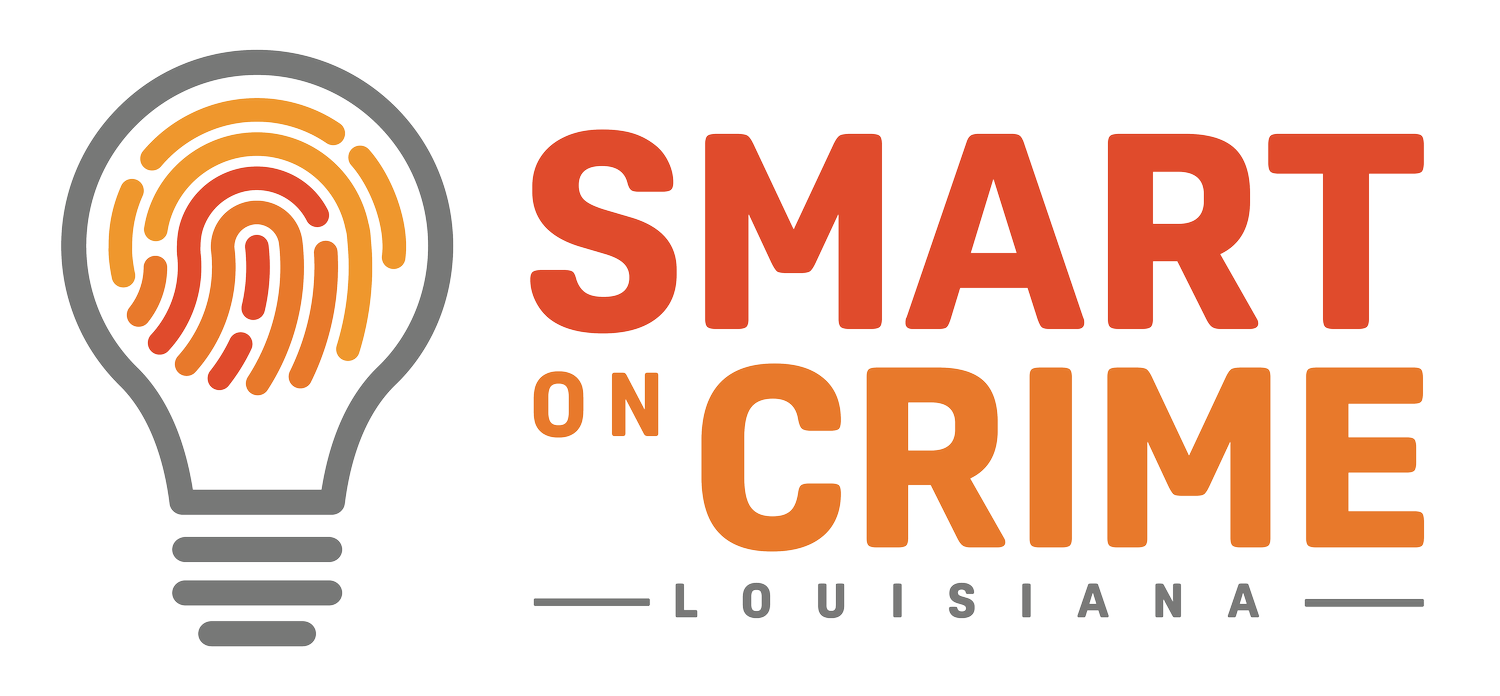Dismissed on a Technicality: Louisiana Addresses AI Evidence
Next month, Act 250 of the 2025 Regular Legislative Session, formerly HB 178, will take effect in Louisiana. An amendment to the civil code, Act 250, among other things, outlines the appropriate procedure for handling false evidence generated by artificial intelligence (AI). Act 250 is a balanced approach, offering clarity to those within the justice system without imposing strenuous regulations on a technology with great potential for the field of criminal justice and law more broadly.
The Act outlines a procedure for addressing questions about the authenticity of evidence submitted before court proceedings begin. Act 250 also creates a standard for attorneys to disclose if their evidence has been generated by AI. Article 551 of the legislation addresses AI and is straightforward.
The proper approach for questionable evidence is outlined: “If a party has reasonable suspicion that an opposing party's exhibits are falsified, including having been generated by artificial intelligence or altered by any means, the party shall raise these concerns at the pretrial conference or at a pretrial hearing on the admissibility of the exhibits.”
The standard for honest evidence is clarified: “If a party knows or has reason to know that its exhibits have been falsified, including having been generated by artificial intelligence or altered by any means, the party shall disclose this fact….”
Judge Scott Schlegel, a judge for the 5th Circuit in Louisiana and keen observer of the convergence of technology and the courtroom, praised the law: “Act 250 positions Louisiana at the forefront of adapting our legal system to the realities of AI and deepfakes, ensuring greater integrity and fairness in our courts.”
Courtrooms will not be able to avoid artificial intelligence. The technology is already being used in powerful ways for crime prevention and solving. Its vast computing power and ability to organize and identify information can be a huge asset for attorneys and other stakeholders in the justice system. Despite the promise of AI, clear standards and resources for handling its misuse are necessary to ensure that the technology is used to its full potential.
Act 250 does not try to eliminate AI from the practice of law, nor does it narrowly confine its use. Rather, it offers a procedure to address its misuse so that justice can be reached. Lawyers, judges, and law enforcement can all benefit from increased education and awareness of how AI can enhance public safety and encourage a fair and efficient system.
